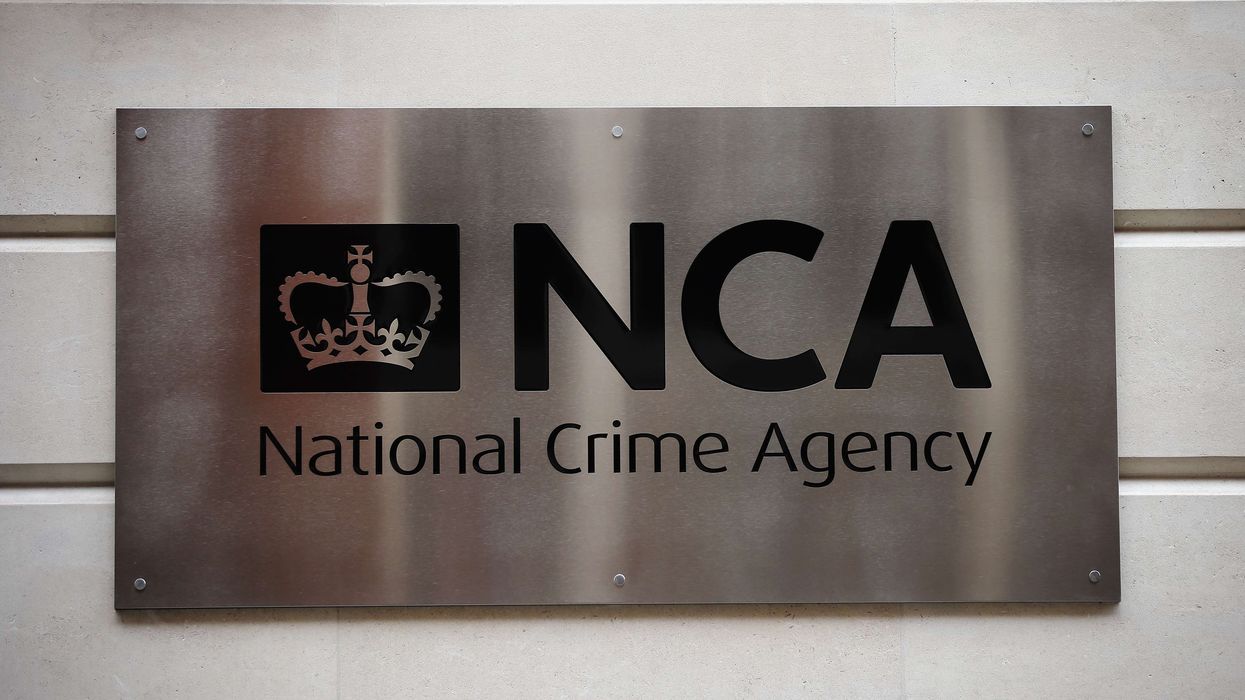THOUSANDS of grooming gang cases that were previously closed by police are set to be reviewed to deliver justice for victims.
Rapists and child abusers who were not charged could now face arrest as part of a national project aiming to correct past mistakes.
More than 1,200 cases from 23 forces have been handed to the National Crime Agency (NCA) under Operation Beaconport, launched after Baroness Casey’s review of the grooming gang scandal, reported The Telegraph. Her report found children were often blamed rather than supported, and that ethnicity data was not recorded for two-thirds of perpetrators.
The NCA review is expected to re-examine tens of thousands of closed cases using new technology, including artificial intelligence.
The ethnicity of perpetrators and victims will be recorded where available.
The review covers cases between Jan 1 2010 and March 31 2025, with full investigations only beginning with victim approval. Scotland Yard is re-examining 9,000 files and will report to Operation Beaconport, reported The Telegraph.
NCA director general Graeme Biggar said: “Baroness Casey’s audit of group-based child sexual abuse and exploitation demanded law enforcement’s collective attention…” He added: “Operation Beaconport will ensure we right the wrongs of the past…”
NCA deputy director Nigel Leary said cases were dropped for reasons including “potentially human error”. Richard Fewkes of the National Police Chiefs’ Council said some victims “just want to feel listened to”.
Home secretary Shabana Mahmood said: “The grooming gangs scandal was one of the darkest moments in this country’s history…”





